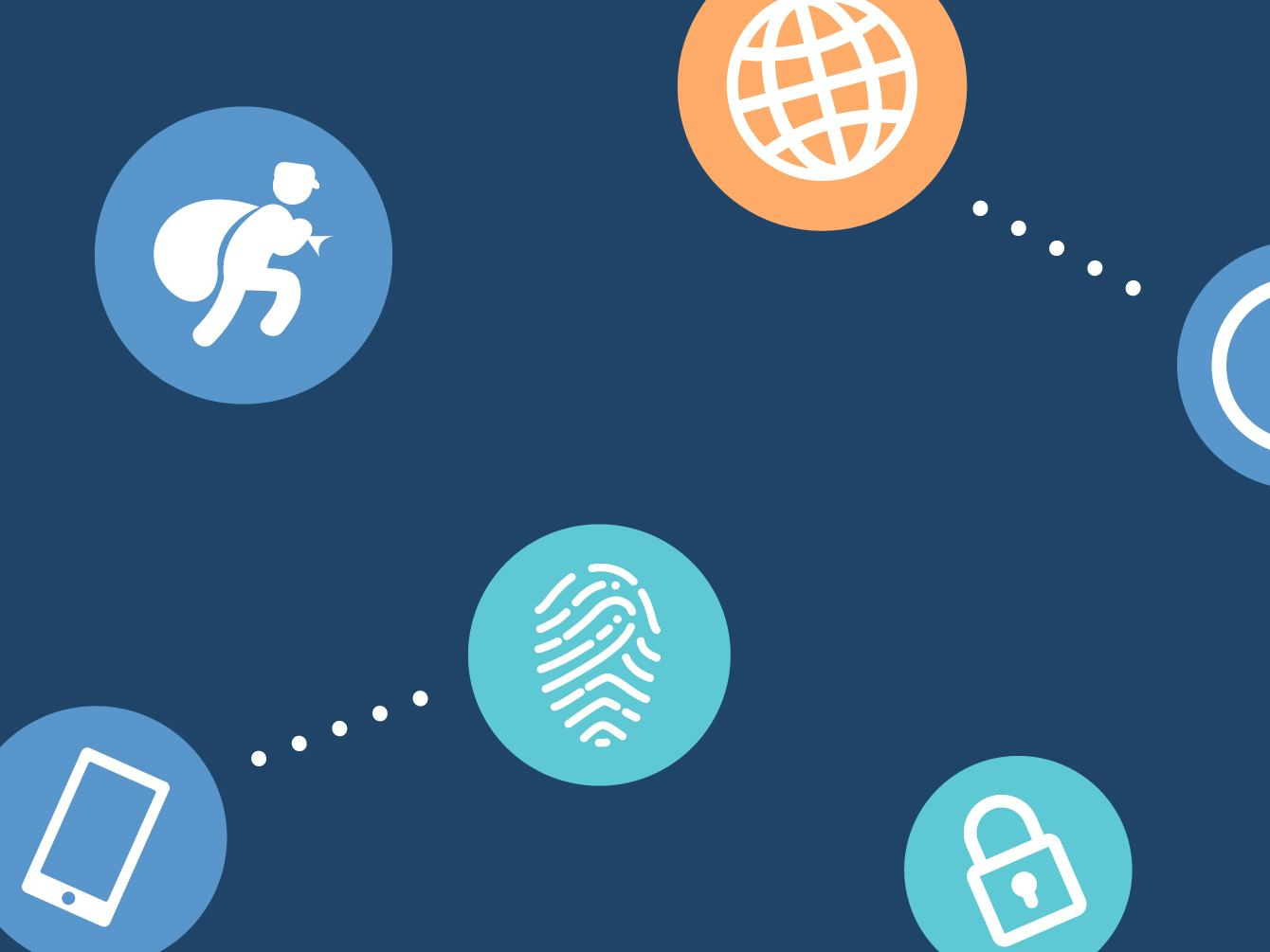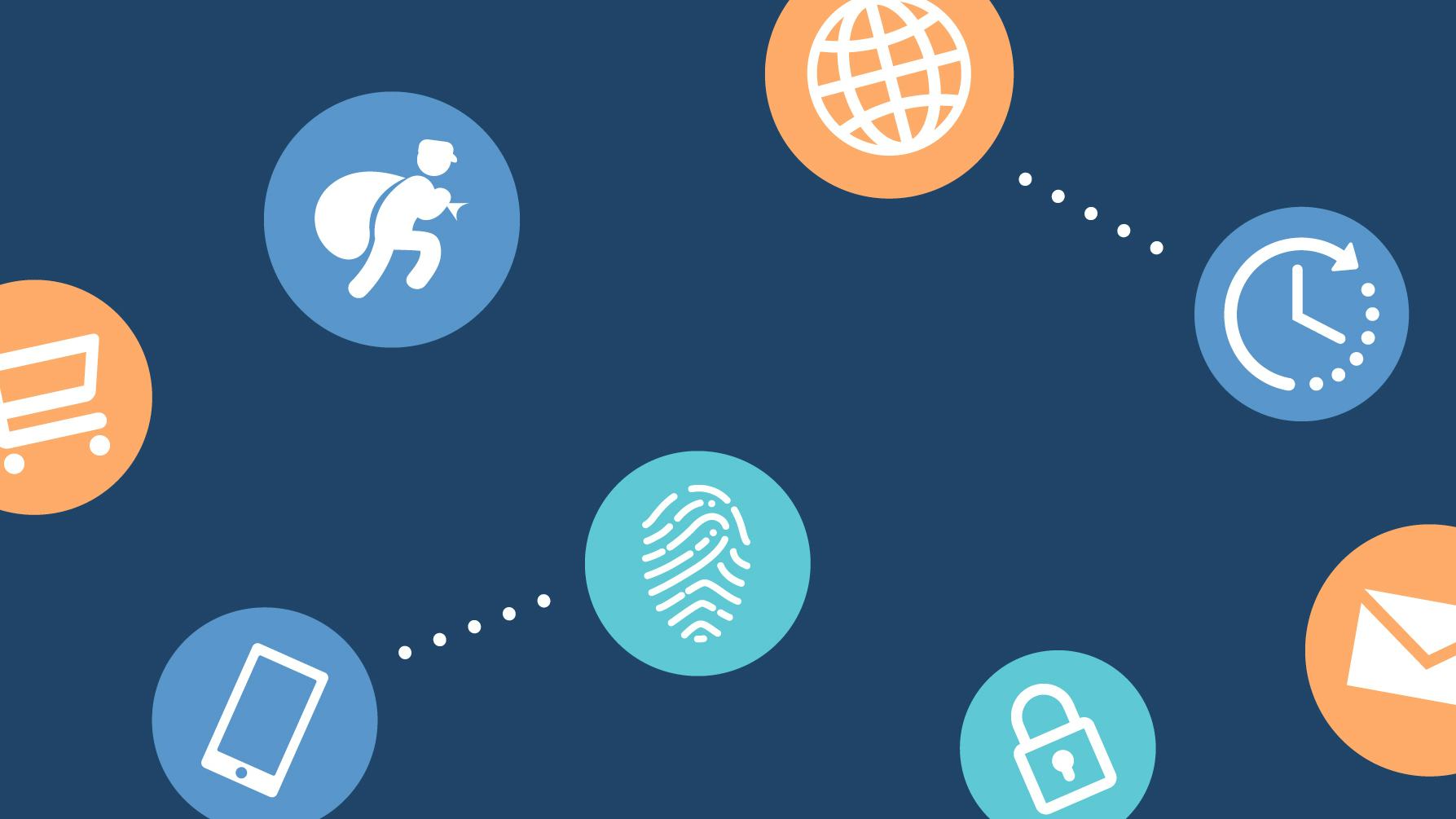We’ve created varied content that discusses cybersecurity in an accessible manner. It’s important to stay informed. Please spread the word to friends and family!
Be careful and read all messages
- Be very careful when you receive email, texts or PMs on social media that contain links, especially when you aren’t expecting such messages.
- One of the best ways to guard against cybercrime is to read and examine texts/emails thoroughly. Fraudulent messages are often made to look like they originate with banks, transport companies or streaming sites. Opening the link leads to a website that looks to be that of a legitimate company but is, in fact, fake.
- Take a good hard look at the URL (the web address). If you’re logging in to online banking with us, check that the URL is landsbankinn.is and not, for example, landsbankinnis.co. Only ever log in to banking apps or online banking through the actual app or bank website, such as landsbankinn.is. Never log in through other sites (e.g. Islands.is) or by opening links that are supposed to lead to login sites.
- This also applies to other companies. We recommend that you go directly to the website of the company or institution in question and log in through traditional channels rather than clicking the link or going through a search engine.
- Don’t approve any log-in activity or confirm actions with electronic ID unless you are in fact using them to sign in.
- Be wary of offers about “investment opportunities” that promise quick and easy money.
- Don’t fall for fake games on social media sites, such as Facebook. If you participate in a game like that, you can expect to receive a PM (such as through Messenger) telling you that you’ve “won” and requesting your payment card information so that the “winnings” can be deposited to your card. The fraudsters can then use that information to make withdrawals from your card. Information about games like this may appear to come from someone you know but chances are that their account and profile are being controlled by the fraudsters.
- Never send your payment card information or a picture of your payment cards, even if you know (or think you know) the recipient.
- Never allow strangers to assume control of your computer with apps like AnyDesk. That’s a known cybercriminal tactic.
- Safeguard your username and password for online banking and the app and never share them with others. Never give anybody access to your online banking.
- Read texts asking you to confirm online payments very carefully. When you use your Visa card on online shopping platforms that carry the „Verified by Visa“ logo, you’ll receive a text with a unique secure code. The message will also contain information about the amount of the payment, currency and the sellers name. It’s crucial to really read such texts carefully, checking that all the information is correct, including the amount and currency.
Common forms of cyberfraud
Investor fraud - This type of fraud is perpetrated through texts, email, content on social media, online advertisements or other similar channels, and commonly makes statements about how you can make easy money be taking advantage of “the deal of the century” to invest in cryptocurrency, shares or something else.
More
Smishing - This type of fraud is based on texts or emails made to look like they come from a bank or transport company and contain a link you’re asked to open. The link leads to a site that invites you to log in to a banking app or requests your payment card information.
More
CEO fraud - Cybercriminals are well prepared and send creditable messages on behalf of managers and CEOs. The aim is to trick staff into transferring funds to accounts that the criminals control.
Romance scams - This type of fraud is based on criminals initiating fake romantic relationships online in order to defraud their victims of funds.
Payment card fraud - An increasingly common type of criminal activity tied to the use of payment cards in ecommerce. It’s important that card holders take precautions to maximise their security in online transactions and read carefully all requests to authenticate payments.
Social media fraud - Cybercriminals hack social media accounts such as on Facebook, Messenger or Instagram. Private accounts are taken over and used to send messages requesting payment card information, security credentials, etc. that can be used to defraud victims.
More
What should I do if I think I’ve been tricked?
If you believe you’ve been the victim of fraud, we encourage you to contact us and, as the case may be, to notify the police.
You are always welcome to contact us by phone to +354 410 4000 or email to svikavakt@landsbankinn.is.
Landsbankinn's team is there for you from 9-23:00 all days of the week and ready to assist in cases involving fraud or cybercrime. Outside of these hours, calls are automatically forwarded to the emergency number for payment cards.





